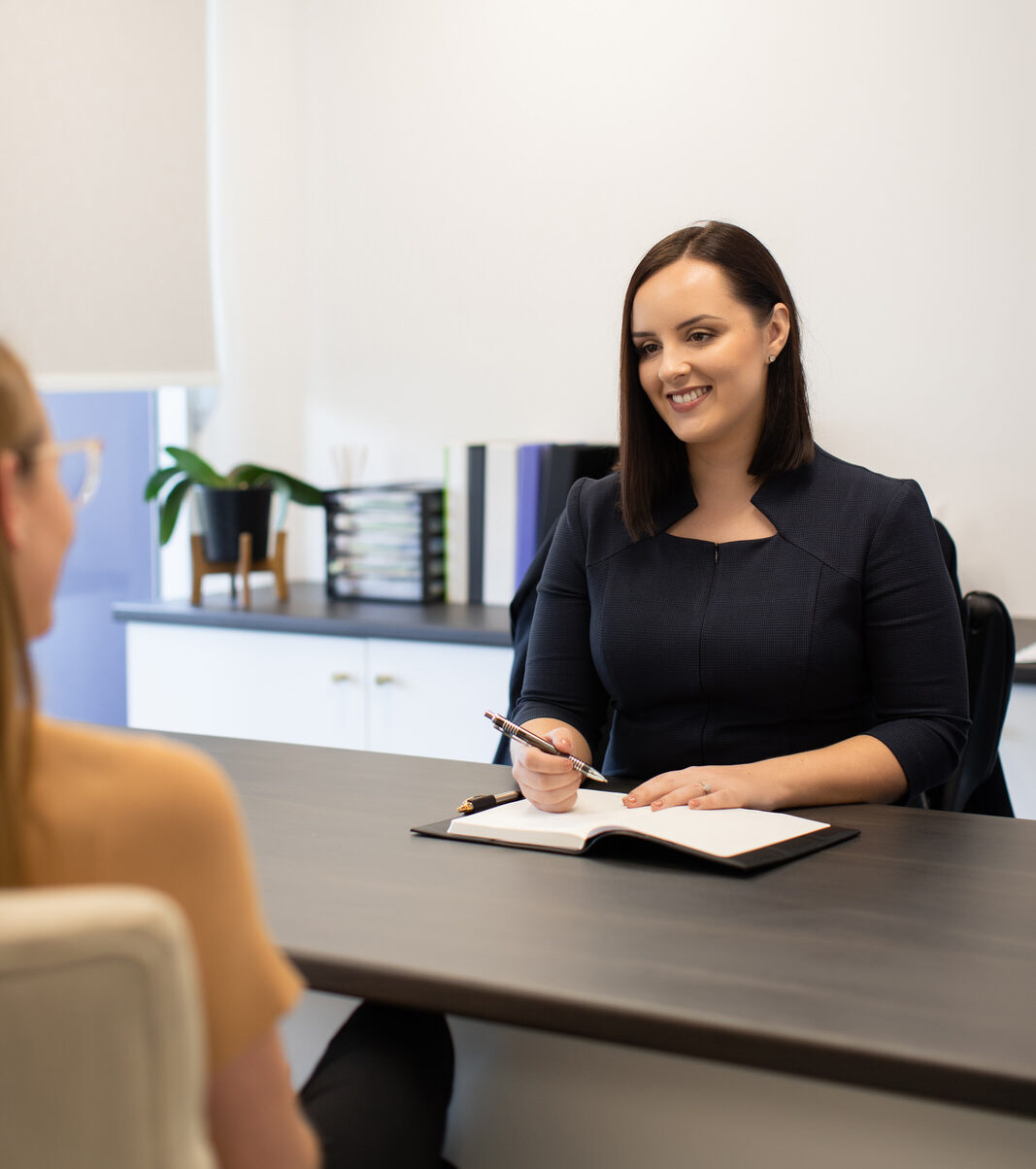
I may be a little late to the party, but 2022 has been the year of the podcast for me. This year I have listened to countless debates on current affairs, numerous TED Talks and pop culture commentary. I listen in the car, around the house, on beach walks and any time I have to squeeze ten minutes of content into the day. My favourite format this year has undoubtedly been the podcasts that feature interviews with interesting, complex and noteworthy characters.
Only last week, I was listening to an interview with someone who had miraculously survived a horrific accident. So very candidly, this person described their lengthy rehabilitation journey and the process involved when learning to adapt and live with a disability. Entrenched in their story was a confronting chapter sharing this person’s experience navigating the compensation law space and their interactions with their legal team.
After engaging legal representation, this person described how their legal team began to critique any functional achievement, indicating that it was ‘bad for the case’. Advancing away from mobility aids, pursuing romantic relationships and new hobbies, and any positive online social media presence were all actively discouraged causing enormous disillusionment and internal conflict for someone who was simply thankful to have survived and coming to terms with life with a disability. From a plaintiff’s perspective, the use of this type of language by their own legal team extinguished what ought to be euphoria at the sense of improvement and tainted it instead with guilt.
To me, so much of this is unethical at best, but we cannot ignore the broader implications and impact of our language in this regard. As compensation lawyers, our duty is to advocate and advise – never to coach. Whilst I am often asked whether something would be ‘good’ or ‘bad’ for a case, I will always reject that language as it does not reflect reality.
Whilst it is true that functional gain, minimising the need for ongoing health and community support, returning to work or study in some form and improvements in symptoms can affect the way in which compensation is calculated, in no world could these advancements be branded as ‘bad’.
In Queensland, the manner in which compensation is calculated is largely dependent on permanent impairment. The compensatory principle, as described in the old case Livingstone v Rawyards Coal Co,1 is that compensation should, in so far as money can do, put the injured person back in the same position as he or she would have been if the negligence causing injury had not occurred. I champion the best possible outcome for my clients in all respects, not just in their claim for compensation. Whilst compensation can assist with some of the adjustments that injury or disability require, replenishing the human toll is often much more difficult.
As a personal injury lawyer, I see myself as part of my clients’ collaborative and supportive network. I encourage my clients to follow their treating specialists’ advice, and if that means that they rely less on their wheelchair, take up casual work or return to riding their bike, I think that is cause for celebration as recovery from injury should always be optimised, regardless of whether a compensation claim is on foot or not – and we, as personal injury lawyers, should encourage that.
My brain loves storytellers, and I find the act of sharing a story to be incredibly powerful – perhaps that’s why I was drawn to personal injury law. I am honoured and privileged that my clients trust me to tell their stories every day. I commit to doing this with compassion, respect and candour, never forgetting that language is extremely powerful.
As published in Lawyers Weekly.
Senior Associate
View Bio >
